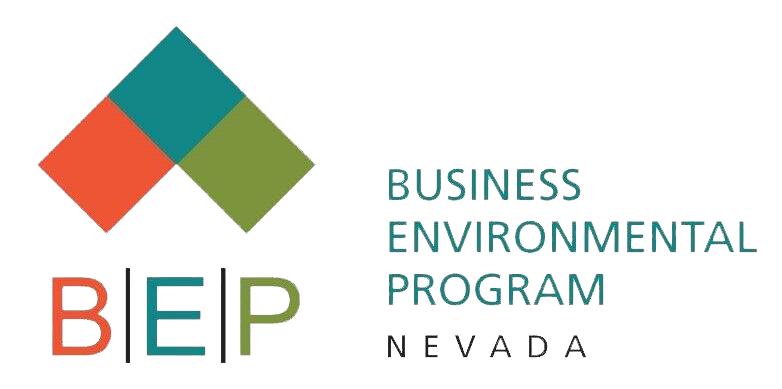New US EPA Webpage on Electronic Cigarettes
Electronic cigarettes, or e-cigarettes, contain both nicotine and lithium batteries, making them a hazardous waste when disposed of. The EPA posted a new webpage to help schools and other agencies who may not typically generate hazardous waste dispose of e-cigarettes safely and according to regulations under the Resource Conservation and Recovery Act (RCRA). The webpage provides step-by-step instructions for safely storing e-cigarettes, determining your generator status, and identifying disposal options. Check out the new webpage here, and contact BEP with your …
